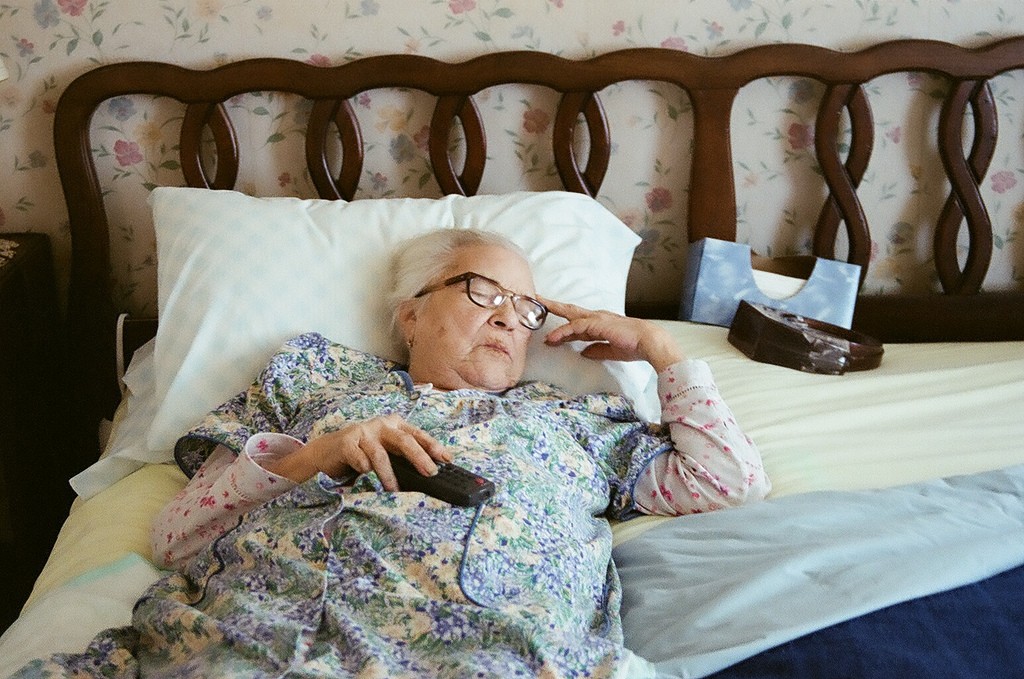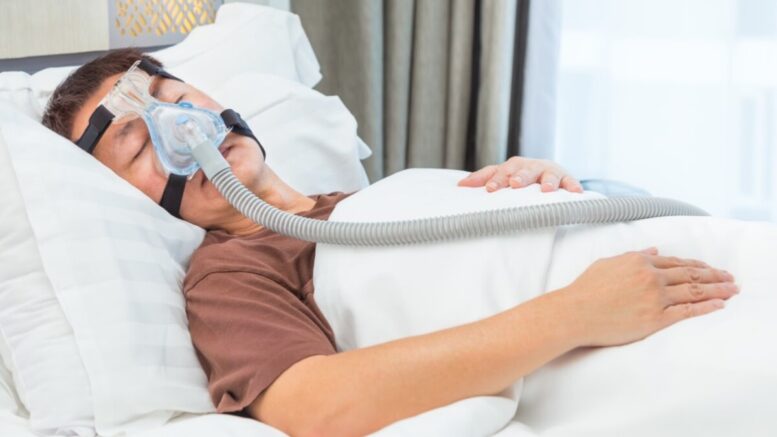Sleep is meant to be a time when the body rests and recovers. The quality of sleep a person receives has a major impact on their mental and physical health. Certain conditions and sleep disorders can interfere with sleep quality and may lead to issues. Sleep apnea is one such condition, which is when a person stops breathing in their sleep.
The airway walls’ muscle tone is, usually, what keeps the upper airway open. While sleeping, the reduced muscle tone can cause the upper airways to become narrower. While slight narrowing causes snoring, the complete blockage causes sleep apnea.
Symptoms of sleep apnea
- Chronic snoring
- Disturbed sleep
- Gasping or choking in sleep
- Irritability
- Insomnia
- Depression
- Being drowsy during the day
- Memory problems
- Headaches, especially in the morning
Feeling like you have sleep apnea is one thing, getting a proper diagnosis and treatment is another. First, you need to know what type of doctor treats sleep apnea so you can seek out the help that you need for your condition. When you know who to see for sleep apnea, you will be able to get a diagnosis faster and make use of the right treatment. Ultimately, you will be able to save time and money by consulting the right sleep apnea specialist.
What type of doctor treats sleep apnea?
Sleep specialists
A somnologist is a doctor specializing in the diagnosis and treatment of sleep disorders. Somnologists are able to monitor the brain and body of individuals as they sleep so that an accurate diagnosis may be made.
Moreover, they help determine the cause so the right treatment may be used. Your primary care physician may recommend you to a somnologist.

Neurologists
In many cases, your sleep apnea may be the result of neurological conditions. This could include strokes, Alzheimer’s disease, Parkinson’s disease, and other neurodegenerative disorders. Your brain may not be sending the right signals to your muscles, which may result in more narrowing of the airways, contributing to the condition.
ENT doctors
Otolaryngologists or ENT doctors can help assess and treat structural anomalies that may be contributing to the narrowing of airways seen in patients with sleep apnea. This could be the result of obstructions in nasal passages or even the size of your tonsils or tongue.
Through imaging tests and a physical examination, ENT doctors will be able to determine whether surgical or non-surgical treatment is the best option.
Primary care doctors
The first person you will most likely tell about your symptoms is your primary care physician. This could be your family doctor or a general practitioner.
If the symptoms are manageable, primary care doctors will be able to diagnose and treat you themselves. In other cases, they will recommend you to a specialist for diagnosis and treatment.
Pulmonologists
A pulmonologist specializing in the functioning of the respiratory system may help tackle breathing issues that arise as a symptom of sleep apnea. Several respiratory conditions may worsen sleep apnea.
By diagnosing and treating respiratory conditions, such as asthma and chronic obstructive pulmonary disease, a pulmonologist reduces the likelihood of sleep apnea symptoms.
Dentists
How can dentists help a patient with sleep apnea? For starters, they may notice certain anatomical differences or conditions, like small airways, while performing a dental examination. They can then create customized oral appliances or dental devices to fit into a patient’s mouth. These devices facilitate easy breathing by pushing the jaw forward, helping to maintain an open upper airway.
Dentists work with certified sleep specialists to carry out such treatment.
Mental health experts
Mental health experts can help treat conditions that could aggravate sleep apnea. They can also aid behavior change so that sleep quality is enhanced. This could be a result of sleeping on your side, quitting smoking, or losing weight. Such changes can play a big role in relieving symptoms of sleep apnea.

Surgeons
In severe cases when no other treatment option seems to be working, surgery may be necessary to prevent blocking of the airways. While you will be given anesthesia during the procedure, it’s normal to experience some pain after. Just make sure you understand the process, its benefits, and risks before undergoing any surgery. The type of surgery required will depend on the underlying cause of sleep apnea.
Diagnosis is typically made after a detailed discussion of your symptoms and collection of your medical history. Polysomnography is the diagnostic sleep study that is normally used. This records several body functions while you’re asleep, including:
- The brain’s electrical activity
- Muscle activity
- Heart rate
- Blood oxygen levels
- Airflow
- Eye movement
- Respiratory effort
Besides this, there are other sleep studies and home sleep tests that may be recommended by your doctor depending on your situation. Getting the right diagnosis is key to accessing the right treatment, and this is only possible when you know what type of doctor treats sleep apnea.
Conclusion
After reading this, it may become clear that seeing the correct specialist for sleep apnea for an early diagnosis can essentially save a person time and money in the long run. There are many different avenues one can take throughout their sleep apnea journey, hopefully, one of the above solutions can be used to help.
